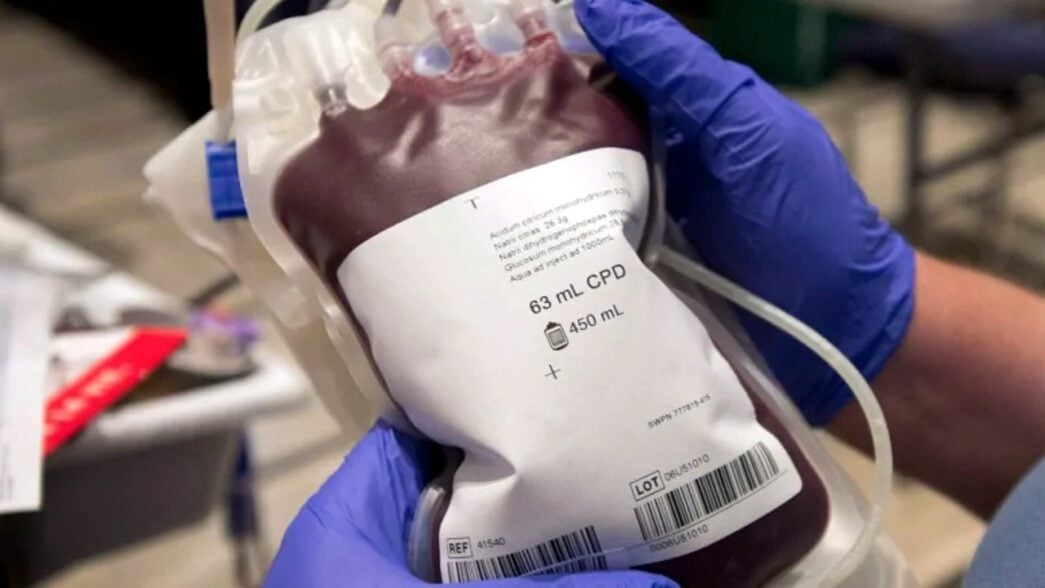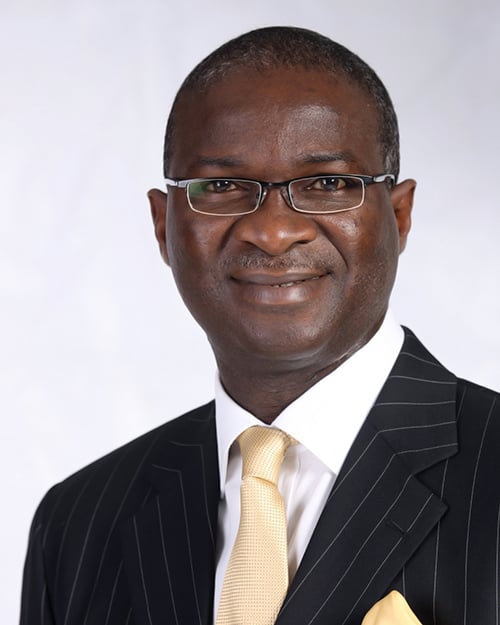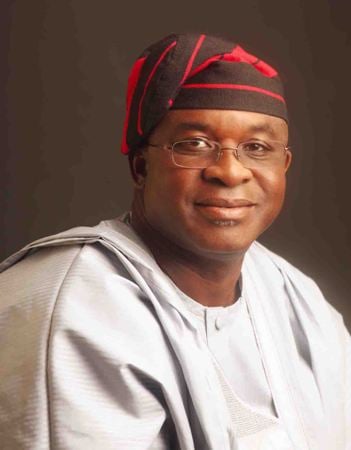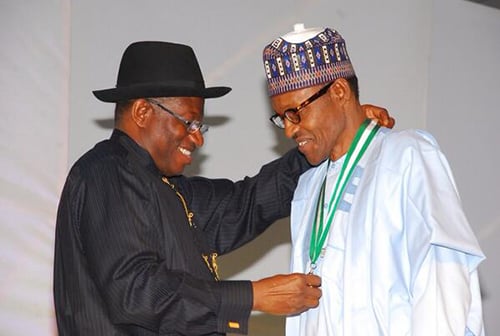Saleh Yuguda, director general of the National Blood Service Agency (NBSA), says the federal government has initiated steps to standardise the cost of blood across hospitals in Nigeria to ensure fairness, transparency, and accessibility for patients.
Yuguda spoke in Abuja on Wednesday during a workshop organised for hospital transfusion committee (HTC) members, noting that the move was prompted by public complaints over high and inconsistent hospital charges for blood transfusions.
“Blood is a public good. What we are doing is to ensure that the system works in a fair and transparent manner, so that Nigerians can have access to safe blood when they need it, without being exploited,” he said.
He acknowledged calls from stakeholders for a full government subsidy on blood but noted that a partial subsidy already exists.
Advertisement
“The government currently bears the major cost involved in the collection, screening, and processing of blood,” Yuguda added.
The NBSA boss said the agency would engage hospital administrators and state health authorities to align their pricing systems with national guidelines once the harmonisation framework is finalised.
In the interim, he said discussions had begun with manufacturers and suppliers of blood consumables, particularly producers of blood bags, to address high operating costs.
Advertisement
“These talks are aimed at centralising and stabilising the prices of these essential items to reflect Nigeria’s economic realities,” he said.
Philip Olatunji, a professor of haematology and transfusion medicine, warned against the growing commercialisation of blood services.
“There must be a sense of good conscience in practice. You cannot claim to exist to save lives and then end up losing lives because of your revenue drive,” Olatunji said.
“The blood service should not be a profit-making venture; it should be a life-saving responsibility.”
Advertisement
He urged healthcare providers to balance sustainability with compassion, adding that “moderation is a virtue the system must rediscover.”
Some health policy experts at the workshop cautioned that implementing a uniform price structure could be challenging given Nigeria’s deregulated healthcare system, where hospitals operate under diverse administrative and financial frameworks.
They, however, endorsed NBSA’s harmonisation plan as a positive step towards building a more transparent and equitable blood transfusion service nationwide.
The workshop, attended by hospital transfusion officers, policymakers, and healthcare professionals, also emphasised the need for active hospital transfusion committees to ensure compliance with national policies, improve blood utilisation, and promote patient safety.
Advertisement
In July, the federal government announced that it will overhaul the country’s blood service system to align with its national health priorities.
Advertisement







